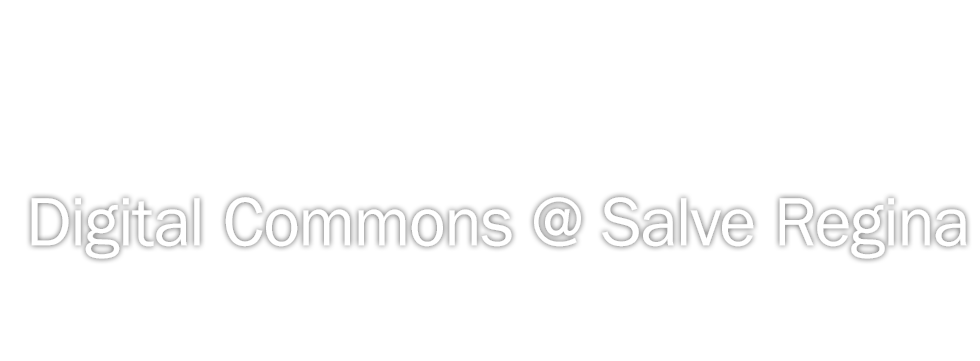Title
Plastic Pollution and the Global Throwaway Culture: Environmental Injustices of Single-use Plastic
Files
Download Full Text (443 KB)
Description
The global throwaway culture has created a cross-ecosystem plastic pollution injustice. The first to suffer this injustice will be the most vulnerable. Our oceans have become our dumpsters. The throwaway culture has created a disrespect of material goods that has turned the earth’s resources into rubbish after a single use. Eighty percent of the yearly 8 million tons of plastic that enter the ocean is single use plastic, such as plastic bottles, plastic shopping bags, or cigarette lighters.[1] Plastic has destroyed ecosystems, robbing impoverished communities of natural resources and of a healthy and safe living environment. First to suffer the injustices of plastic pollution are marine life living in the dumping ground of throwaway culture. This paper will discuss the Albatross, a population seabird who are suffering starvation from plastic pollution in the most remote regions of the world. The Albatross will serve as a metaphor, or more accurately a warning, of how humans will soon be affected. It is already known that plastic micro-beads enter the food chain by fish that then pass on the plastic particles for human consumption. Humans are consuming more and more plastic from fish but are also consuming the toxins absorbed by the plastic micro-beads. The injustice of throwaway culture and plastic pollution is heavily supported by scientific evidence, but often facts need to become feelings in order for social change to occur. Every person has a right to access to an environment free of plastic debris and toxins associated with its improper disposal. The issue of plastic pollution in its scale is debilitating. Cleanup is not an option because the plastic pollution is scattered through out the ecosystem. Recycling adds to carbon emissions. Our best option is to convert our culture and halt production and use of plastic, and most urgently single-use plastic. Radical change is needed. We need to go beyond tweaking our imagined order but instead reconnect our throwaway culture to nature so that we reestablish the appreciation of earths resources.
[1] John Tibbetts, "Managing Marine Plastic Pollution: Policy Initiatives to Address Wayward Waste" EHP Environmental Health Perspectives, April 2015: 3
Publication Date
Spring 5-4-2016
City
Newport, RI
Keywords
Plastic Pollution, Single-use Plastic, Throwaway Culture
Disciplines
Biodiversity | Biology | Economic Policy | Environmental Health | Environmental Policy | Environmental Studies | Nature and Society Relations | Other Economics | Political Economy | Public Economics | Public Policy | Social Policy | Terrestrial and Aquatic Ecology
Recommended Citation
McDermott, Kristin L., "Plastic Pollution and the Global Throwaway Culture: Environmental Injustices of Single-use Plastic" (2016). ENV 434 Environmental Justice. 7.
https://digitalcommons.salve.edu/env434_justice/7

Included in
Biodiversity Commons, Biology Commons, Economic Policy Commons, Environmental Health Commons, Environmental Policy Commons, Environmental Studies Commons, Nature and Society Relations Commons, Other Economics Commons, Political Economy Commons, Public Economics Commons, Public Policy Commons, Social Policy Commons, Terrestrial and Aquatic Ecology Commons
Rights Statement
In Copyright - Educational Use Permitted. URI: http://rightsstatements.org/vocab/InC-EDU/1.0/
This Item is protected by copyright and/or related rights. You are free to use this Item in any way that is permitted by the copyright and related rights legislation that applies to your use. In addition, no permission is required from the rights-holder(s) for educational uses. For other uses, you need to obtain permission from the rights-holder(s).

